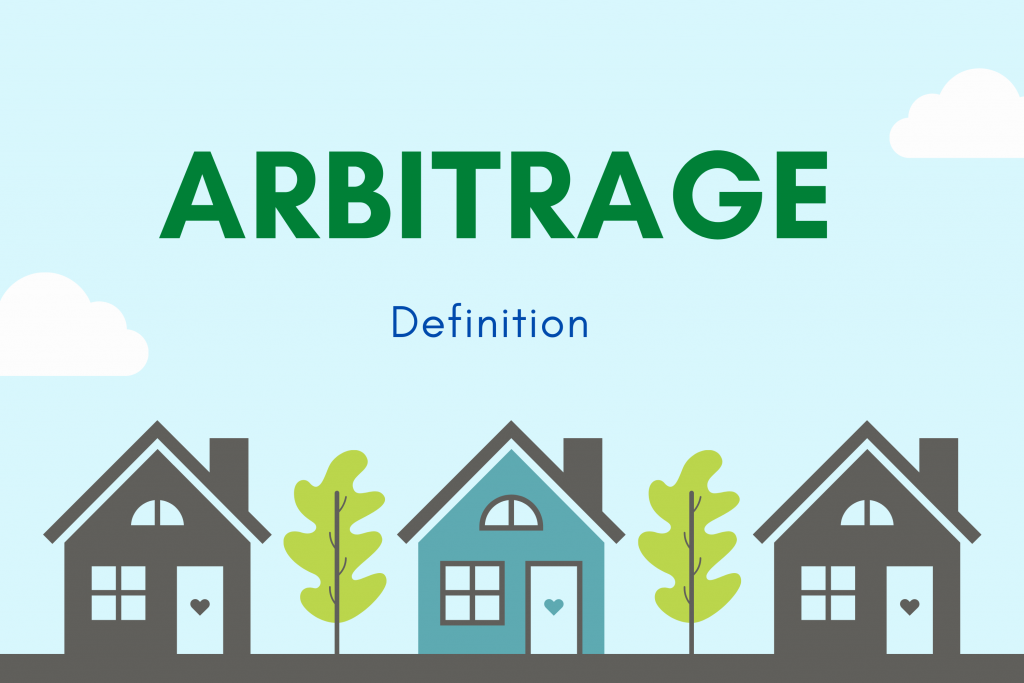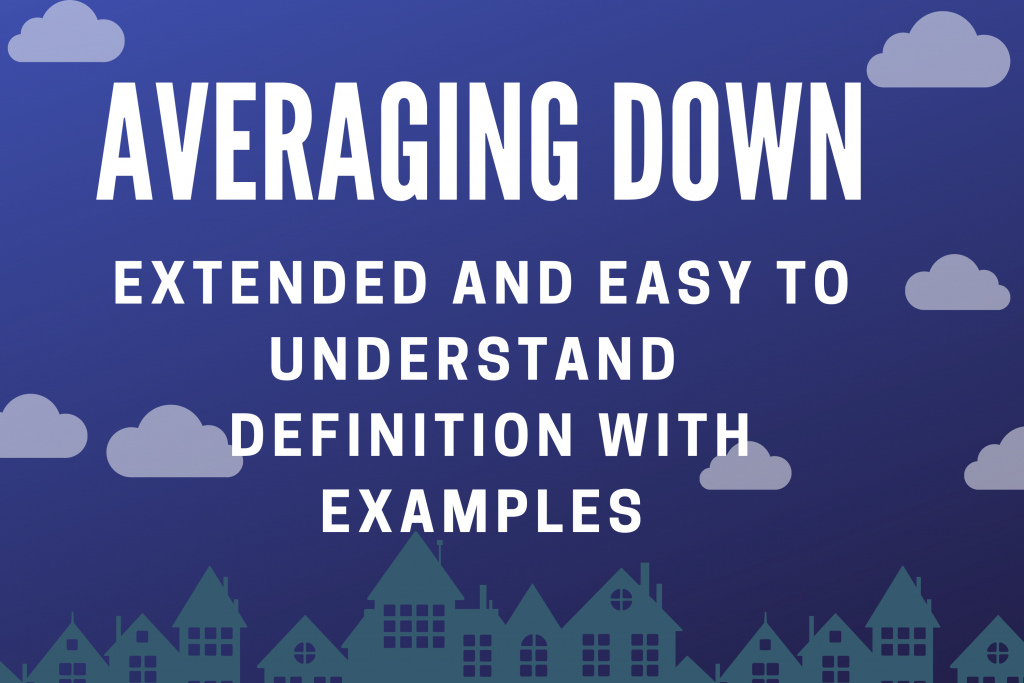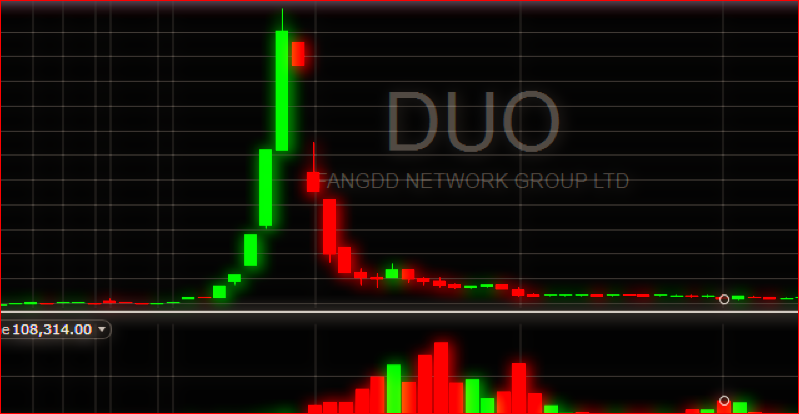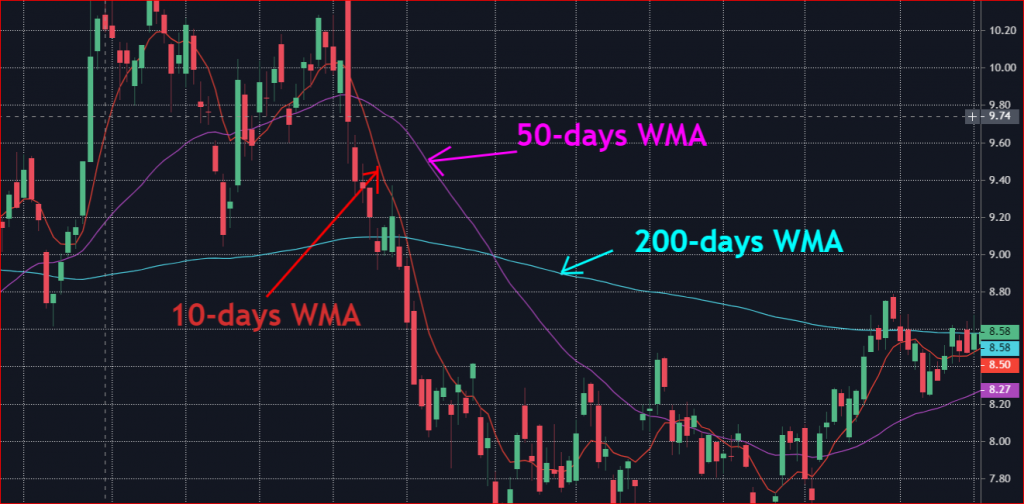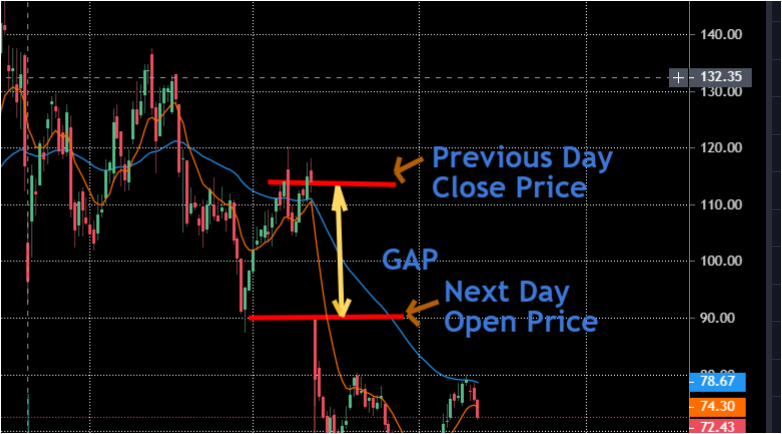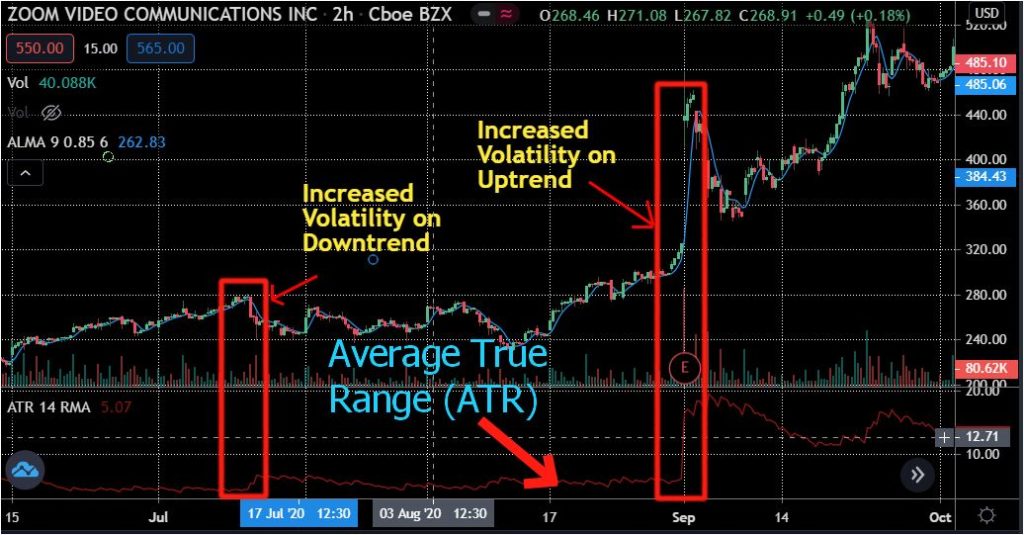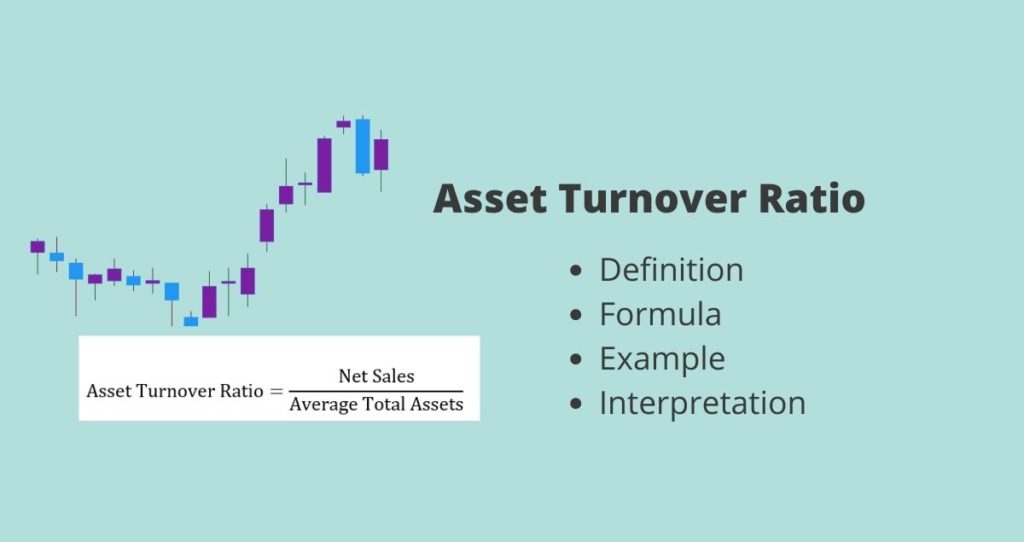What is the meaning of averaging up?
Averaging up is a strategy short and long term investors use by buying more shares of a stock or other securities when the price goes higher than what they previously paid.
Traders and investors must own shares in order to apply this method. The idea behind averaging up is to increase the overall purchase price and bring it close to the current market price.
This technique is the opposite of averaging down where a trader buys more shares to decrease the average purchase price. This method is used on long positions.
How does averaging up work?
Investors use averaging up in an attempt to reduce losses from previously owned shares in a stock. By buying more shares, the average purchase price increases. As a result, the downward momentum in the stock price will reduce the losses on their position. Traders get a chance to break even or make a profit when the price reverses the trend.
Example of averaging down
You anticipated a downward movement in the price of a stock and decided to short sell it. You took a position of 100 shares at $2 per share. Your total cost is $200. Unfortunately, the stock did not go down as you anticipated. It went up and reached $3 per share.
If you exit your position, you will buy to cover 100 shares you shorted at $3 per share. Your expense will be $300. You will be losing $100 or 50% on this trade.
So you decided to average up instead of taking a loss. You shorted 100 more shares of the same stock. Now, let’s see your portfolio after shorting additional shares.
Your brokerage account says that you are shorting 200 shares. Your new price is no longer $2 per share. Instead, your new price is $2.50! By shorting 100 more shares, you were able to increase your average price from $2 to $2.50. Your new position is 200 shares shorted at $2.50 per share or $500 total.
Luckily, the price comes back down and reaches $2.40 per share. You decide to exit this trade and bought all shares you borrowed at $2.40 per share. This transaction will cost you a total of $480.
Now let’s see if we made or lost money on the trade. Your sale price was $500 and the purchase is $480. The difference between the two is $20! You were able to turn a $100 loss into a $20 profit by averaging up.
Benefits of averaging up
By averaging up, you will bring the average cost close to the current market price. This will give you a chance to break even or make a big profit if the price goes back down. In addition, you reduce the loss your portfolio would incur if you decided to exit your position without using this technique.
Disadvantages of averaging up
By averaging up, you are putting more money into the market. In order words, you are increasing your position size in the stock. What do you think will happen if the price continues to go up? The answer is, you will have a sizable loss. You can have an infinite loss if the stock continues to go up. That is, you can lose all your money, get into negative, and probably go bankrupt when shorting. The loss is exponential when shorting.
The more money you have in a security, the more you lose if the trade goes against you. This is why many investors including myself advise traders to avoid averaging up. The risks with this method are exponential and rewards are probably not worth the hustle.
Final words
By averaging up, short term investors and traders get out of the market once the price moves in the direction they want.
Averaging up is a tempting technique and you can lose all your money if you do not use this technique carefully. Putting more money on a losing short position is never a good idea. Your debt keeps increasing even if you run out of money. You can end up owing your broker hundreds of thousands of dollars even millions from a single trade. This will bankrupt you.
When shorting, average up on stocks that have higher chances of going down. This is the only way you will be able to return shares you borrowed without incurring major losses.
Many investors including myself recommend exiting your position instead of averaging up. Get out. You will make money somewhere else.


